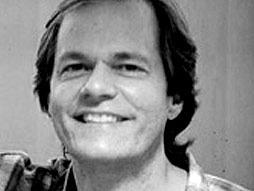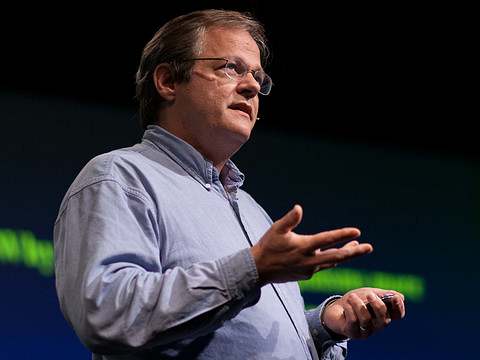TED Book: “Controlling Cancer” offers bold plan to stop a killer
The scourge of cancer has ripped through bodies, families, and generations for so long and with such power that it feels almost invincible. Biologist Paul Ewald—widely regarded as the leading expert in the emerging field of evolutionary medicine—and co-author Holly Swain Ewald may have found a way of attacking the intractable killer, which they detail in […]
Continue reading
